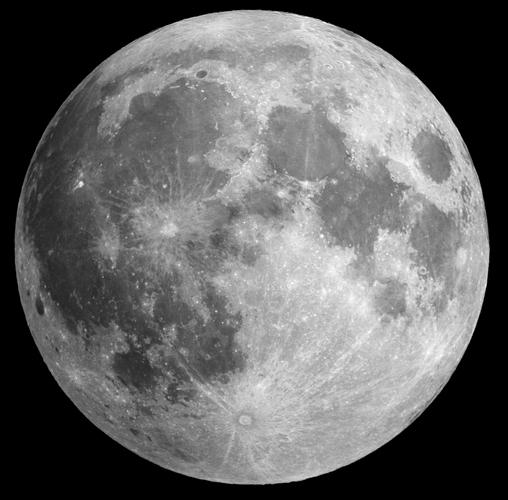
SpaceX has proven itself to be a behemoth in the emerging commercial launch industry. Its Falcon family of rockets has accounted for more than a quarter of worldwide rocket launches in each of the last five years, and no other private company can transport astronauts to the International Space Station. But space is a big place, with ample room for all kinds of activities that companies, researchers, and tourists might pay to pursue. And for many of those goals, the beefy Falcon rockets are just not the right tool for the job.
Virgin Orbit
A new gateway to space has just sprung open, said Virgin Orbit CEO Dan Hart in a press release. Hart hopes it will be a gateway unlike those other launch companies are developing. By converting an airplane into a rocket launcher, Virgin Orbit specializes in small, low-cost payloads. To that end, the 70-foot LauncherOne can lift about one ton of cargo into orbit .
But what LauncherOne lacks in lifting power, it makes up for in flexibility. After the successful test flight, Virgin Orbit is now open for business. The company can reach space, but whether it will turn a profit in doing so remains to be seen. While satellites are indeed shrinking in physical size, competition in the light launch market is heating up.
Rocket Lab
A New Zealand–United States company, has put nearly a hundred small satellites into orbit since 2018 and charges around $5 million per launch. Firefly Aerospace and Astra are companies developing similar capabilities. And where Astra, Firefly, and Rocket Lab have raised and spent in the ballpark of $100 million to design and test their rockets, according to reporting by Eric Berger at Ars Technica, Virgin Orbit’s investments are pushing a billion dollars.
Blue Origin
Another company looking to turn low-key space missions into a business is Blue Origin, a Jeff Bezos venture funded in part through the sale of his Amazon stock holdings. The RSS First Step separated from the rocket near the peak of the trajectory, marking the section of the flight during which future crew can experience a brief period of weightlessness, then both vehicles safely touched back down on the ground. New Shephard autonomously steered itself back to the launchpad, while the crew capsule deployed parachutes and landed some distance away, about ten minutes after launch. This test flight showcased a number of upgrades to the crew capsule, highlighting Blue Origin’s space tourism focus, including a new communication system linking passengers to mission control, and environmental controls to keep the windows from fogging up.
The company intends to test a similar hardware setup again before attempting a crewed flight, according to CNBC. “We’re getting very, very close to flying our first astronauts, so that’s why it’s critical that we test these systems,” said Ariane Cornell, the company’s director of Astronaut and Orbital Sales, in a webcast of Thursday’s launch. In this respect, Blue Origin will be testing more than just rockets as it inches closer to flying its first astronauts.
Even thought 2020 was an extremely tough and turbulent year down on Earth, progress in commercial space technologies is not slowing down, private spaceflight has been in development for well over a decade now, and during the upcoming decade will be in a good position to forever transform our access to space.
